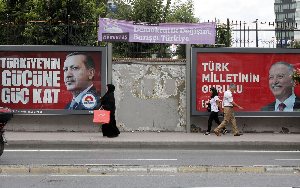COVID-19 and the Turkish Economy: Erdoğan Faces His Toughest Challenge
By Barış Soydan
May 11, 2020
Will the Turkish economy survive the Covid-19 pandemic? If the emergency measures remain in place for more than a few months – which they likely will, given that the pandemic is expected to last for at least a year, if not longer – what looms is a cumulative loss of economic output compared to which the 2001 financial crisis that blew up Turkish economy pales. A big slump, with bankruptcies, mass unemployment and government debt running at record highs loom on the horizon. The economic consequences of covid-19 are going to present Recep Tayyip Erdoğan with the toughest challenge that he has had to face during his seventeen years in power.
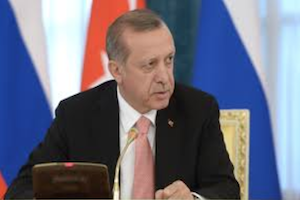
Turkey's Dysfunctional Presidential System
By Gareth Jenkins
May 5, 2020
The debacle of the abrupt imposition of a curfew on April 10, 2020 and the subsequent announcement and withdrawal of Interior Minister Süleyman Soylu’s resignation has provided further evidence of how dysfunctional Turkey’s executive presidential system – which was once touted by its supporters as the solution to the country’s problems – has become.
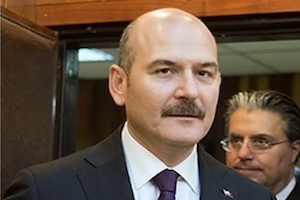
Without Constitutional Amendment, Erdoğan is Unlikely to Remain an All-Powerful President
By Kemal Kaya (vol. 7 no. 18 of the Turkey Analyst)
The Turkish political system is parliamentarian. President Recep Tayyip Erdoğan may have succeeded in neutering of the role of the constitutionally designated executive, the government, but that is only temporary. Sooner or later, the dynamics of the political system are going to assert themselves. The prime minister, even Ahmet Davutoğlu, if he retains the post after the 2015 general election, is set to eventually reclaim power from the president.
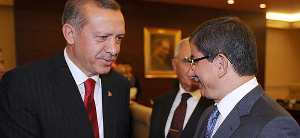
Turkey's Presidential Election: The Clouds on Erdogan's Horizon
By Gareth Jenkins (vol. 7, no. 14 of the Turkey Analyst)
Despite his convincing victory in the presidential elections on August 10, 2014, there appears little prospect of Prime Minister Recep Tayyip Erdoğan being able to replace Turkey’s parliamentary system with a presidential one and ruling the country singlehandedly for two successive five-year terms.
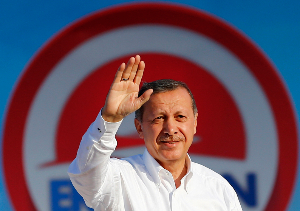
Erdoğan Wins Presidency With an Unsustainable Majority
By Micha’el Tanchum (vol. 7, no. 14 of the Turkey Analyst)
President-elect Recep Tayyip Erdoğan secured his margin of victory with a last minute appeal to Turkish nationalist voters, having failed to expand his support among Kurds despite significant overtures on Kurdish issues. President-elect Erdoğan faces an ineluctable choice between expanding his “Kurdish Opening,” moving Turkey closer to becoming a binational state, and assuaging right-wing Turkish nationalism. Neither choice bodes well for a Justice and Development Party (AKP) majority in Turkey’s 2015 parliamentary elections. The AKP will be hard put to manage rising expectations among Turkey's Kurds while retaining Turkish nationalist support.
